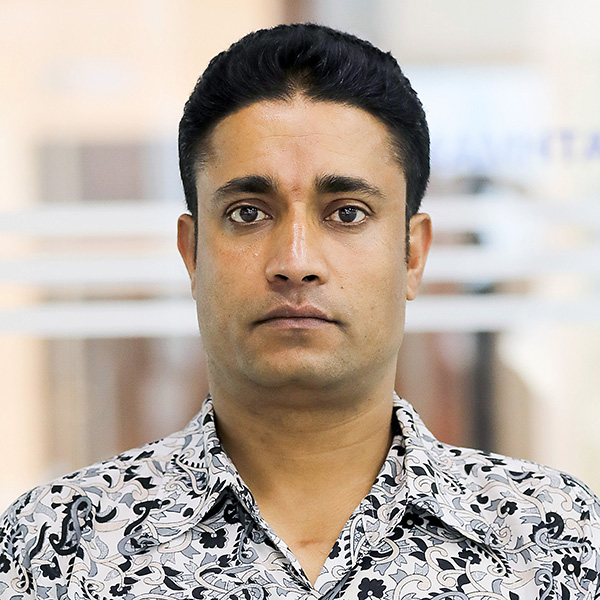Money
Finance minister defends pork barrel funding, but analysts are unconvinced
Khatiwada is facing criticism for bowing to political pressure and giving Rs60 million each to lawmakers to spend in their constituencies.
Rajesh Khanal
Finance Minister Yubaraj Khatiwada, who is facing massive criticism for bowing to political pressure while presenting the budget for the fiscal year 2019-20, has defended the move of allocating Rs60 million each for parliamentarians.
“Development of local level is not possible by snubbing elected people’s representatives,” Khatiwada told the media at the Finance Ministry on Thursday, a day after he presented the national budget.
Khatiwada announced on Wednesday a 50 percent hike for the Local Infrastructure Development Partnership Programme—from Rs 40 million to Rs 60 million.
The Rs 60 million will go directly to lawmakers and they will by and large have a free hand when it comes to spending the budget.
“Lawmakers are mandated only to select relevant projects in their constituencies and to monitor the projects during the construction phase,” said Khatiwada. “The local governments are mandated to mobilise the allocated money. There should be no confusion over effective utilisation of the funds.”
The Local Infrastructure Development Partnership Programme, along with its previous incarnations, has long been controversial, as there are concerns over the poor oversight on spending.
Millions of rupees were found to have been misused in the past when the programme was divided into two programmes—the Constituency Infrastructure Special Programme and the Constituency Development Programme.
While preparing the budget last year, Khatiwada had spoken against the programmes, given their unsavoury history. Khatiwada had planned not to continue with the two programmes, but eventually gave in to pressure from within the party and the opposition, merging them into one Local Infrastructure Development Partnership Programme.
In the run-up to the 2019-20 budget, lawmakers had lobbied for taking the amount to Rs 100 million.
Analysts slammed the provision in the budget, saying it will violate the government’s plan of maintaining fiscal discipline. According to them, it could increase the chances of misappropriation of funds.
Keshab Acharya, who served as an economic adviser of the Madhav Kumar Nepal government from 2009-2011, said the government needs to provide the money directly to the local level rather than through members of Parliament.
“The programme was relevant at the time when there were no elected bodies at the local level,” said Acharya. “But now there are fully empowered local governments to take development works forward.”
The government’s decision to provide Rs60 million to each of the 165 electoral constituencies will cost the state an additional Rs9.9 billion.
Govind Nepal, who teaches economics at Tribhuvan University, termed distributing the money through legislative members “an inappropriate practice”.
Nepal said lawmakers have to work as the watchdog of their constituencies.
“The main job of lawmakers is to focus on framing laws and devising effective policies by taking inputs from various stakeholders. They should help in selecting rewarding projects. But they should not assume the responsibility of spending money on their own,” he said.
Khatiwada, however, said the budget had envisioned increasing participation of the people for the development of local areas.
“How will the people’s participation modality look like in the absence of people’s representatives in a democratic practice?” asked Khatiwada, who is also facing criticism for a populist budget, an ambitious growth target and programmes without tangible bases for implementation.
The government has increased the budget by 16.5 percent to Rs1.53 trillion, just as it is facing a shortage of financial resources due to the low collection of tax and non-tax revenues and while the pledged amount in foreign grants and loans has been downsized.
Khatiwada, however, said the government has to devise plans to strengthen the base for development to take off at a time when the country is trying to institutionalise the federal system. “We cannot make the general people, who are striving for development, wait for long,” he said.
Khatiwada also tried to overshadow the low capital expenditure, attributing it to the problems such as delay in billing and documents submission and flaws in administrative procedures.
With just one and a half months for the current fiscal year to end, the government is able to spend only 43 percent of the Rs313.99 billion allocated for capital spending.
However, Khatiwada seemed to maintain check and balance against the initiative of the lawmakers who had been putting pressure on the finance minister to raise the amount to Rs100 million.




 9.7°C Kathmandu
9.7°C Kathmandu















